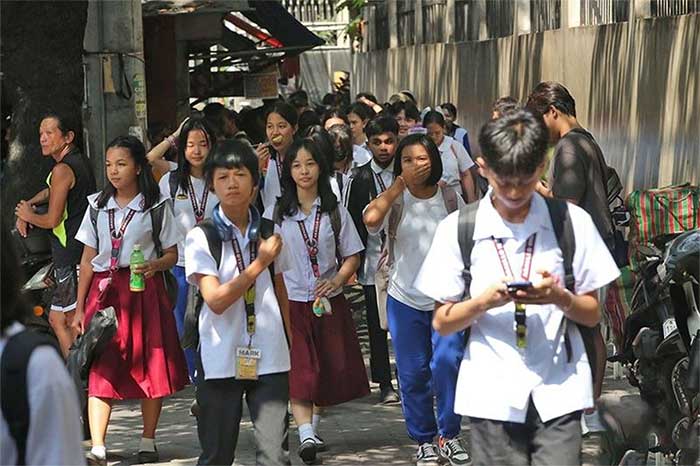
In an era where the transition from education to employment is crucial, the Philippines’ Commission on Human Rights (CHR) has lauded the legislative initiative known as the Batang Magaling Act.
Filed by Representatives Camille A. Villar, Stella Luz A. Quimbo, and Gus S. Tambunting, the proposed bills seek to ensure that senior high school (SHS) graduates are well-equipped with the necessary skills as they step into the workforce.
These bills, numbered HB 9808, 9770, and 8960, propose the creation of national and local councils that will conduct periodic studies of labor market demands.
These studies will then inform work immersion-related elements of the K-12 curriculum. Furthermore, the bills aim to foster greater collaboration between the education sector and industry, encouraging the latter to open doors for SHS students through Work Immersion Programs.
This legislative push comes at a time when the labor market in the Philippines is expanding, and the need for graduates who are both employable and competitive is ever-increasing.
The CHR’s endorsement of the Batang Magaling Act aligns with the State’s obligation to enable citizens to enjoy their right to education, a principle that is also echoed in Article 26 of the Universal Declaration of Human Rights.
The CHR underscores the importance of SHS graduates possessing competencies that prepare them not only for higher education but also for immediate employment.
The Commission has put forth a Human Rights Situational Report on the School to Work Transition, which emphasizes the necessity of consistent monitoring and evaluation of the K-12 program.
Such measures are vital to ensure the curriculum evolves in line with the progressing needs of Filipino students.
Key insights from the CHR’s Situational Report highlight the importance of solidifying partnerships between the government and the labor industry.
It’s essential for these collaborations to ensure that K-12 graduates have equal access to job opportunities that match their skills and interests.
Moreover, the CHR calls attention to the need for inclusive educational development that doesn’t leave behind marginalized and vulnerable groups, such as indigenous peoples, persons with disabilities, and those who are financially challenged.


















